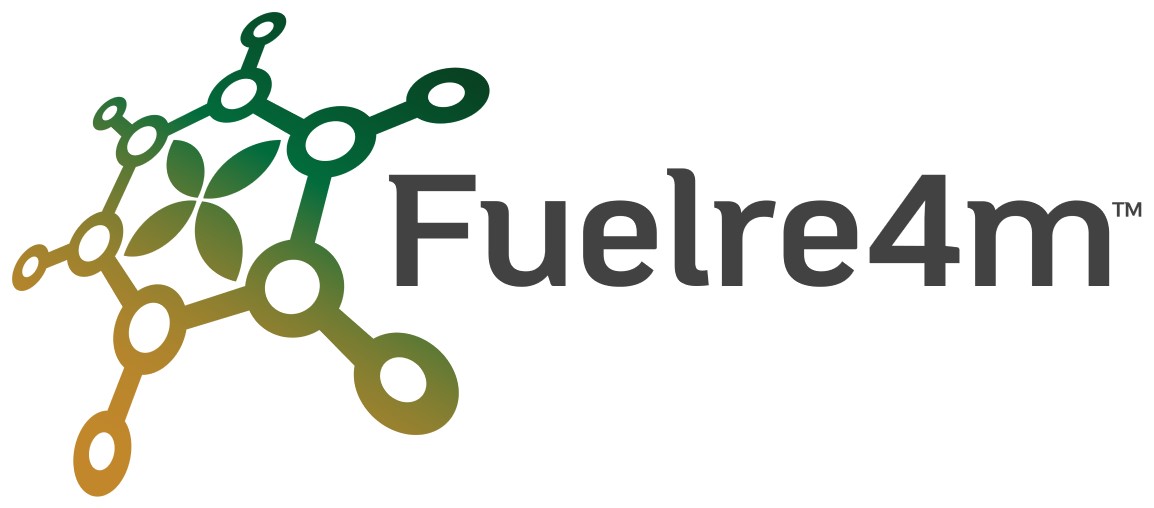of Fuel Saved This Year
of Carbon Saved This Year
What Causes A Fleet Owner The Greatest Loss Of Money – Theft Or Idling?
Global energy giants are putting their financial clout into renewables. But parallel investments in cleaner fossil fuels can lead to better outcomes as well.
The news of BP diluting its Net Zero targets should come as no surprise. For the last five or six years, industry giants like BP, Shell, and others have repeatedly promised a future of sustainability, making grand commitments to achieve Net Zero emissions by 2030, 2040, and beyond.
They’ve invested millions into new technologies and painted an inspiring picture of a greener future. But every time we inch closer to those targets, we see the same story play out—they retreat, acknowledging the uncomfortable truth that we are still dependent on fossil fuels. Why wouldn’t they?
The fossil fuel industry is structured in a way that rewards maintaining the status quo. These companies profit immensely from both sides of the energy transition. They hype up clean technologies to capture the attention of investors and the public while simultaneously manipulating fuel prices to stay high, ensuring profitability for the foreseeable future. The reality is, while they publicly support green initiatives, their actions reveal a different agenda—delaying meaningful change to maximise profits.
It’s no secret that solutions to make fossil fuels cleaner and more efficient already exist, yet they’re largely ignored by industry giants. These technologies can improve fuel performance by up to 20%, cut emissions drastically, and significantly reduce particulates during and after combustion.
Despite being 100% natural and scalable, such solutions don’t fit within the traditional profit model. Major players prefer investing in carbon capture and other technologies that are, at best, decades away from real impact—all while continuing their heavy reliance on fossil fuels.
This isn’t about sustainability; it’s about profit.
